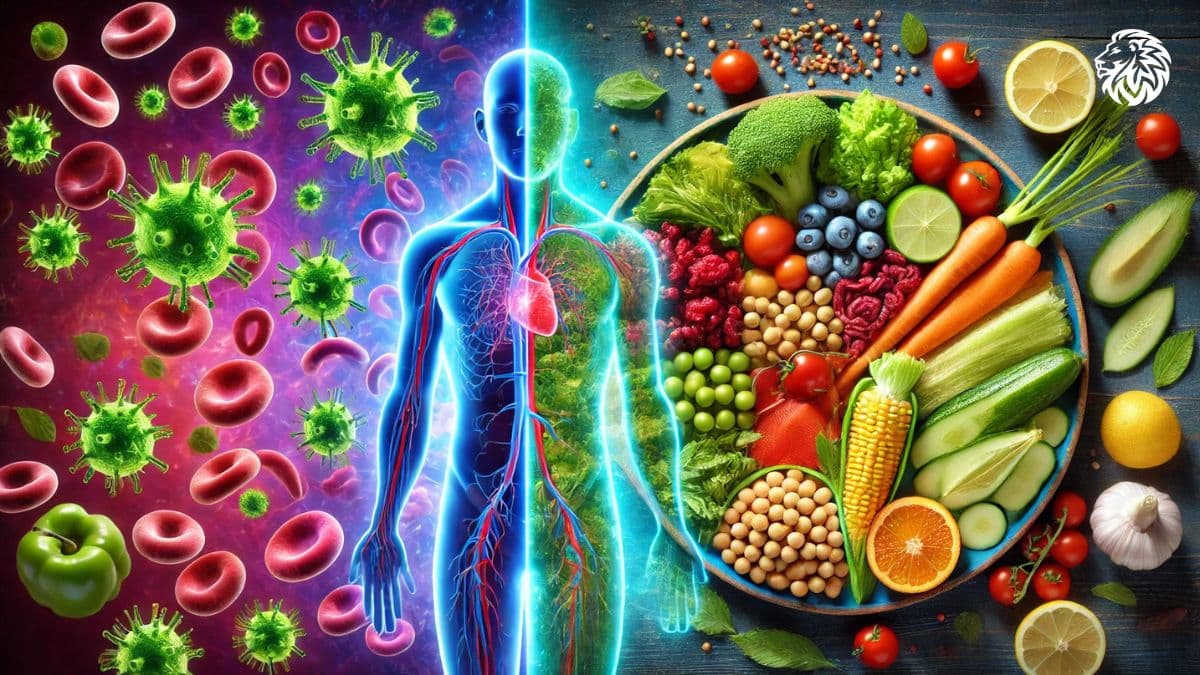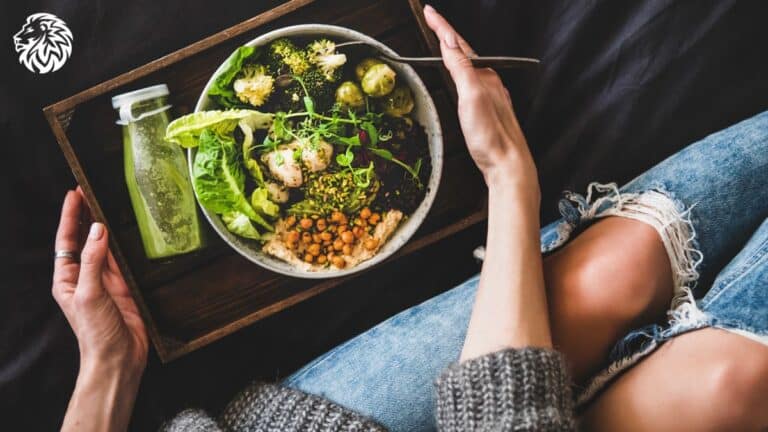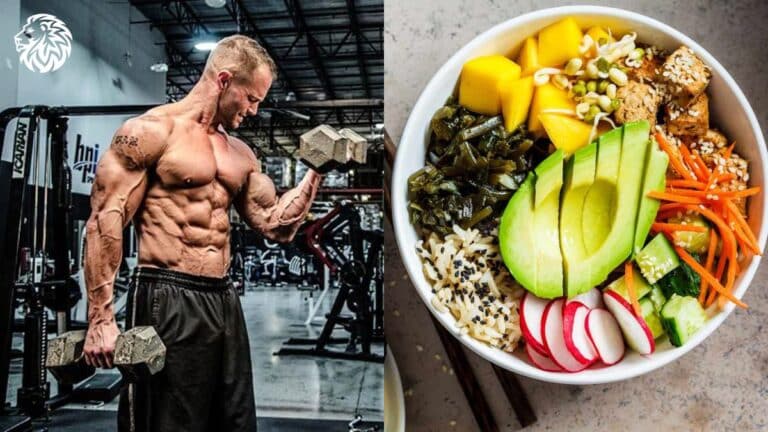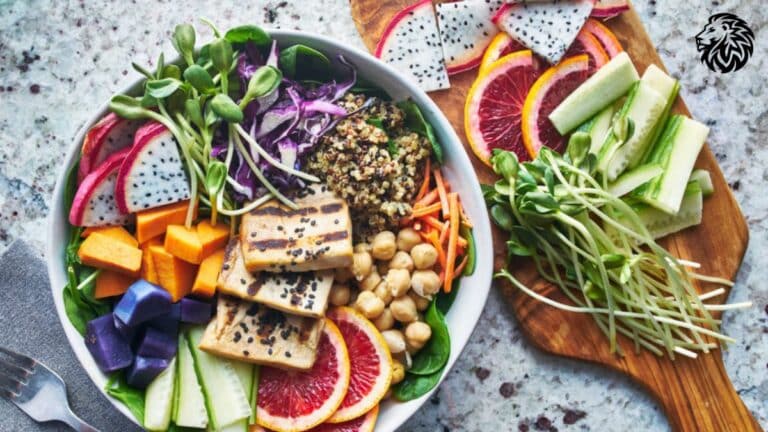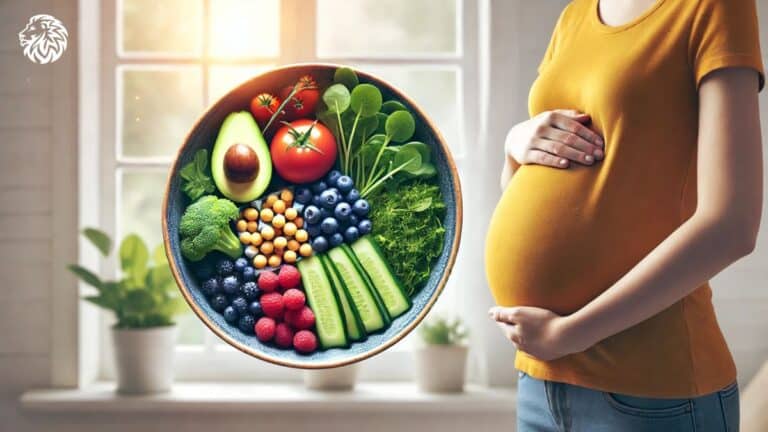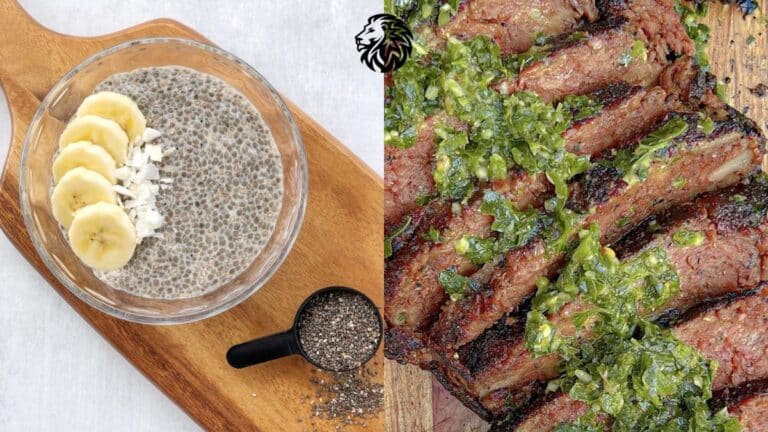Plant-Based Diets and Cancer Prevention
Jumping into the world of plant-based munching is a smart move if you want to keep cancer at bay. Embracing eats like the Mediterranean, Vegetarian, and Vegan diets could totally be worth it. Let’s break it down.
Mediterranean Diet and Cancer Mortality
Chowing down on the Mediterranean way has been tightly linked with cutting down cancer-related deaths. How tight, you ask? Well, a massive look-see at 26 studies showed you’re less likely to kick the bucket from cancer with a hazard ratio sitting comfy at 0.84 (NCBI). This diet’s all about packing in the fruits, veggies, whole grains, nuts, and seeds, with fish and dairy playing backup singers and red meat and sweets getting benched.
| Diet Type | Cancer Mortality (HR) |
|---|---|
| Mediterranean Diet | 0.84; 95% CI: 0.79-0.89 |
If you’re mulling over cutting meat and cranking up the veggies to dodge cancer, the Mediterranean vibe might just be the ticket. Check out more plant-based nutrition.
Vegetarian and Vegan Diets in Cancer Mortality
While vegetarian and vegan peeps ain’t seeing such whopping results against cancer, there’s still hope. The number crunching shows a hazard ratio of 0.97 for vegetarians—basically saying not much of a change compared to meat-eaters (NCBI).
| Diet Type | Cancer Mortality (HR) |
|---|---|
| Vegetarian Diet | 0.97; 95% CI: 0.88-1.06 |
| Vegan Diet | Data not significant |
Even if veggie and vegan diets aren’t pounding cancer deaths into the ground like the Mediterranean style, they’re still gold for keeping the heart ticking and the waistline slim. Curious about shedding pounds on a plant kick? Better have a gander at plant-based diet for weight loss.
Going plant-based packs a punch beyond hedging your bets on cancer. Mixing more greens and less animal stuff could jazz up your life and health in so many ways. Thinking about hopping on the plant train? Find some handy tips on getting started with how to start a plant-based diet.
Provegetarian Diet and Cancer Risk
Adherence to Provegetarian Diet Score
Choosing a provegetarian diet isn’t just about munching leaves; it’s really about loading up on the green guys—plants. But, what’s the lowdown on its impact on cancer? The diet score tells you how much your meals lean towards veggies instead of meat. It’s like a health-ometer for your eating habits. So, does it help with keeping cancer at bay?
A study looked at this diet score and how it relates to cancer deaths, pulling info from older folks in the Spanish PREDIMED study. Their PI (that’s public information, not a crime show thing), didn’t show much change in cancer death risk for veggie enthusiasts compared to meat fans. Even if you’re rolling with a whole food plant-based diet, this veggie focus might bring other perks, even if cancer isn’t much swayed right off the bat.
| Diet Score | Hazard Ratio (HR) | 95% Confidence Interval (CI) |
|---|---|---|
| High Score | 0.66 | 0.35–1.24 |
| Very Low Score | Reference | Reference |
Prostate Cancer Mortality and Plant-Based Diets
On another note, can eating plants mess with prostate cancer stats? Peeking into those studies about broccoli eaters versus beef lovers, they didn’t find earth-shaking cancer differences overall (thanks, NCBI). But zoom in on prostate cancer and the leafy eats might just show some nifty benefits.
Chowing down on fiber, antioxidants, and all those good plant vibes could mean less junk in the body, like inflammation and high insulin levels—all baddies linked to prostate cancer risk. Shedding pounds and cooling inflammation are like plant-eating bonuses, especially coz obesity and inflammation can mess with your prostate.
Now, if you’re curious about adding more plants to your plate to perhaps send prostate cancer packing, peek over at our spots talking plant-based diet benefits and plant-based nutrition.
| Plant-Based Diet | Potential Benefits |
|---|---|
| High Fiber Intake | May lower colorectal cancer chances and have a side benefit on prostate cancer |
| Rich in Antioxidants | Combat those pesky free radicals, easing oxidative stress |
| Decreased Inflammation | Could mean less chance of issues like prostate trouble |
Sizing up these tidbits can help in deciding if going plant-heavy is your kind of health bet. Our guides on plant-based diet for beginners and best plant-based cookbooks might light the way to tasty meals that keep cancer concerns at bay.
Plant-Based Diets and Digestive System Neoplasms
Switching to a plant-filled diet can shake up your battle against digestive system neoplasms—or what the folks in lab coats call certain types of cancer. Let’s chew over how munching on leafy greens and nuts might just keep those pesky neoplasms at bay.
How Plant-Based Foods Fight Digestive Cancers
Eating oodles of fruits, veggies, grains, nuts, and legumes could turn you into a veggie-powered superhero, fighting off nasty digestive system cancers like pancreatic, colorectal, and colon cancers. It’s all here in black-and-white (thank you, NCBI).
So, what’s the secret sauce in these plant foods? They’re jam-packed with fibers, antioxidants, and phytochemicals—basically the goods that help chill inflammation and zap oxidative stress. Who knew eating your greens could make you a science experiment’s dream?
| Cancer Type | Lowered Risk (%) |
|---|---|
| Pancreatic | 23% |
| Colorectal | 30% |
| Rectal | 28% |
| Colon | 25% |
This neat chart is courtesy of some highbrow research folks at NCBI.
A Greener Diet, A Cleaner Bill of Health
Diving into a plant-based eating style—be it vegan, vegetarian, or simply plant-heavy—might cut your odds of grappling with digestive nasties (NCBI). All those plant-magic compounds work wonders.
Men and women who choose to graze on more plants see healthier scores against tough nuts like gastric, liver, and esophageal cancers.
Thinking about joining the herbivore club? Check out easy plant-based recipes and flip through some top plant-based cookbooks to kickstart your new lifestyle.
Jumping on the plant bandwagon doesn’t just help shield against nasty ‘C’ words. You’re setting yourself up for the wellness jackpot. See how going green benefits you, and if you need some muscle on those bones, explore the high-protein plant-based diet for some extra punch in your daily menu.
Impact of Plant-Based Diets on Cancer Outcomes
Thinking about going plant-based? It’s not just a new trend, it might just be a game-changer when it comes to health and especially in the fight against cancer. So, let’s have a little chat about how munching on plants could potentially influence cancer survival and maybe even give cancer outcomes a good shake-up after you’ve been diagnosed.
Plant Power and Cancer
Some clever folks have been looking into this and they’ve spotted a pattern. If you’re all about the Mediterranean vibes with your food – we’re talking lots of plants, maybe a bit of olive oil – you might just have a leg up when it comes to dodging overall cancer troubles. One study had some pretty encouraging numbers showing a decrease in cancer risk if you’re team Mediterranean (NCBI).
Now, if you’re in camp vegetarian or vegan, the results are a bit fuzzier. Some of the numbers didn’t scream ‘cancer shield’ as loudly as the Mediterranean figures. It seems sticking to just vegetarian plates doesn’t dramatically lower your chances at beating the grim reaper when it comes to cancer, compared to those who enjoy a wider range of eats (NCBI).
| Diet Type | Hazard Ratio (HR) | 95% Confidence Interval (CI) |
|---|---|---|
| Mediterranean | 0.84 | 0.79 – 0.89 |
| Vegetarian | 0.97 | 0.88 – 1.06 |
Plant-Based Diet: After Cancer Diagnosis
Once cancer enters the picture, keeping that plant-based game strong might still be a smart move. Some whispers in medical circles suggest clinging to foods from the earth could boost survival odds, even if the magic isn’t overwhelmingly visible just yet. There’s some tentative nods towards reduced cancer death rates, especially for prostate cancer fans, if you stick to your greens (NCBI).
| Diet Adherence | Hazard Ratio (HR) | 95% Confidence Interval (CI) |
|---|---|---|
| High vs. Very Low Provegetarian Score | 0.66 | 0.35 – 1.24 |
Plus, those veggie munchers might also be getting an extra layer of armor against cancers lurking in the digestive system (NCBI). Might just give you another reason to add a sprinkle of plant power to your plate.
If you’re curious about how a plant-based diet can have your back or thinking of diving into this lifestyle, check out our bit on the perks of plant-based diets and ways to ease into this green-eating groove over here.
Giving plants a starring role in your meals can do more than just whittle your waistline. It’s like a high five for your health. Start with our easy guide for plant-based rookies and make your path towards a nourished life as smooth as an avocado smoothie.
Plant-Based Diets and Cancer Incidence
Fiber-Rich Plant-Based Diets
Eating a lot of fiber from plants can be a game-changer for your health, especially when it comes to cutting down cancer risk. Stuff like beans, whole grains, and veggies are your best friends here. Studies have shown they can curb the risk of getting breast and colorectal cancer. Speaking of numbers, munching on more fiber might shrink breast cancer risk by up to 16% and colorectal cancer by about a quarter. That’s not too shabby, right? (Mayo Clinic Health System)
Plant-based foods are chock-full of phytochemicals—tiny knights in shining armor that guard your body against damage, lower inflammation, and can transform into nifty nutrients like vitamin A. Plus, your gut is going to love this diet! The good bacteria down there get to work fermenting fiber to create stuff that keeps your colon in tip-top shape and inflammation at bay. For snazzy ways to sneak more fiber into your meals, mosey on over to our plant-based meal planning guide.
Plant-Based Diets and Decreased Cancer Risk
Going full-on plant-based has been linked to a lower risk of a whole bunch of cancers. It’s like giving your body an extra layer of protection against certain digestive system cancers—yes, that includes the likes of stomach, liver, and esophageal cancers (NCBI).
The cool part? A plant-based way of eating can help you shed some pounds if that’s what you’re after, zap inflammation, and keep your insulin levels in check. It fits like a glove into a healthy lifestyle lineup aimed at keeping cancer risks low (PubMed Central).
Interested in diving deeper into the goodies of a plant-based life? Check out our plant-based diet benefits page. If you’re new to all this and have no clue where to start, our how-to guide on getting started with a plant-based diet is perfect for you.
So, when you choose a fiber-packed plant diet, you’re not just helping manage that waistline. You’re also making a strong move in possibly lowering your cancer risk. Curious about different plant-based diets out there? Explore our sections on vegetarian and vegan options. Find the one that tickles your fancy!
Nutrition and Cancer Prevention
Role of Plant-Enriched Diets
Who knew what’s growing in the backyard could be your secret weapon against cancer? A diet rich in plants, especially one centering around whole foods, acts as your trusty sidekick in fending off cancer. Whole grains, veggies, fruits, and beans aren’t just for health nuts—they’re essential in keeping you going strong and dodging health issues like cancer.
The brainy folks over at the World Cancer Research Fund and the American Institute for Cancer Research are big fans of eating plant-heavy diets to ward off certain cancers like breast and prostate. Pairing up foods like tomatoes and broccoli? Turns out they make an even better tag team in battling tumors than when flying solo.
Mechanisms of Plant-Based Diets in Reducing Cancer Risk
So how do veggies work their magic? It’s like a three-for-one deal: You get to manage your weight, tone down inflammation, and keep insulin levels in check. A plant-filled diet naturally helps in shedding extra pounds, cutting down your risk for a whole bunch of ailments, cancer included. Lowering inflammation and insulin is vital since these bad boys are draggin’ along cancer risks.
Add some fiber and phytochemicals to the mix, and you’ve got yourself a nifty defense against cancer. Fiber keeps your gut happy and your immune system on its toes, while plant-based phytochemicals act like little shields for your cells. A high dose of fiber might spell extra protection against cancers like colorectal.
Here’s a quick rundown of how plant power plays out:
- Butyrate Boost: Fiber fermenting in your belly creates butyrate, a compound that keeps inflammation in check and says “no thanks” to cancer cell growth.
- IGF-1 Drop: High levels of this growth factor are like a red carpet for cancer, but plant-based eats help roll it up.
| Mechanism | Effect on Cancer Risk |
|---|---|
| Weight loss | Slashes your risk |
| Less Inflammation | Drops your risk like it’s hot |
| Lower Insulin | Minimizes risk |
| More Fiber | Lessens the likelihood |
| Extra Phytochemicals | Cell protector |
| High Butyrate | Puts cancer cells in their place |
| Reduced IGF-1 | Slows down cancer |
Thinking about flipping the script on your diet? Check out our guides on vegan diet, vegetarian diet, and whole food plant-based diet. Get ahead with some plant-based meal planning tips to make things easy as pie.
Whether you’re motivated by weight loss or just trying to stiff-arm cancer, a plant-based diet might be just the ticket. Want more insights? Peek into plant-based diet benefits and see how going green can seriously up your health game. Ready to roll? Start down the plant-based path and get that health train moving today.
